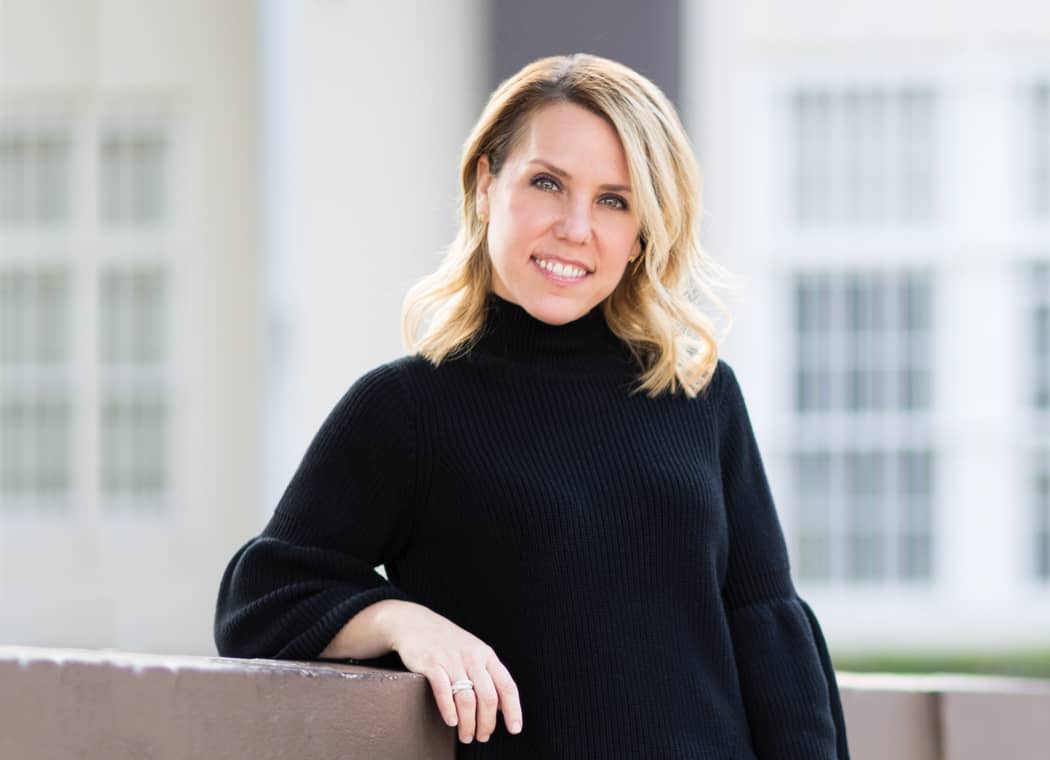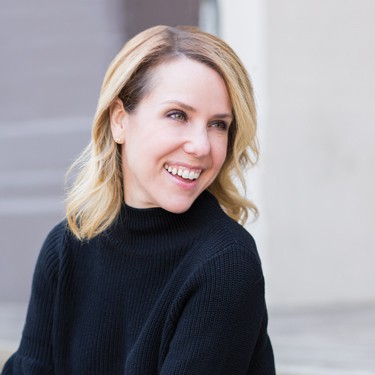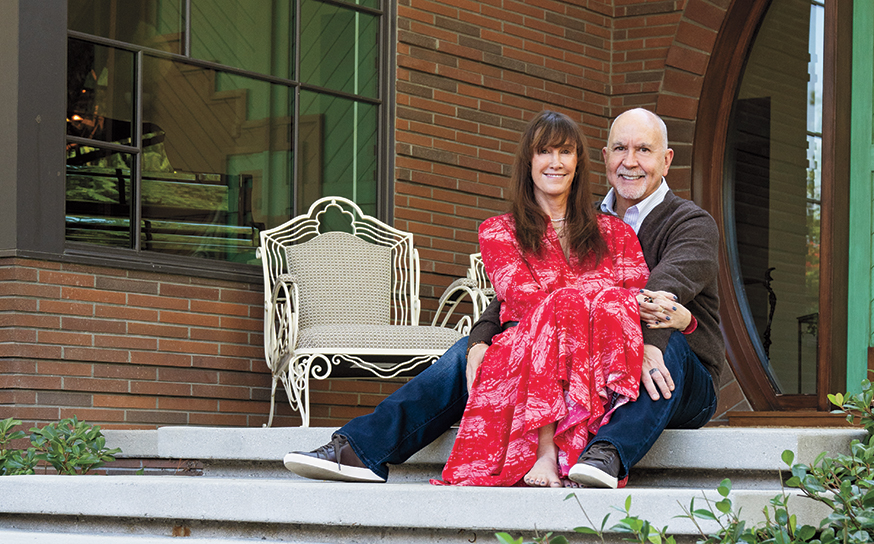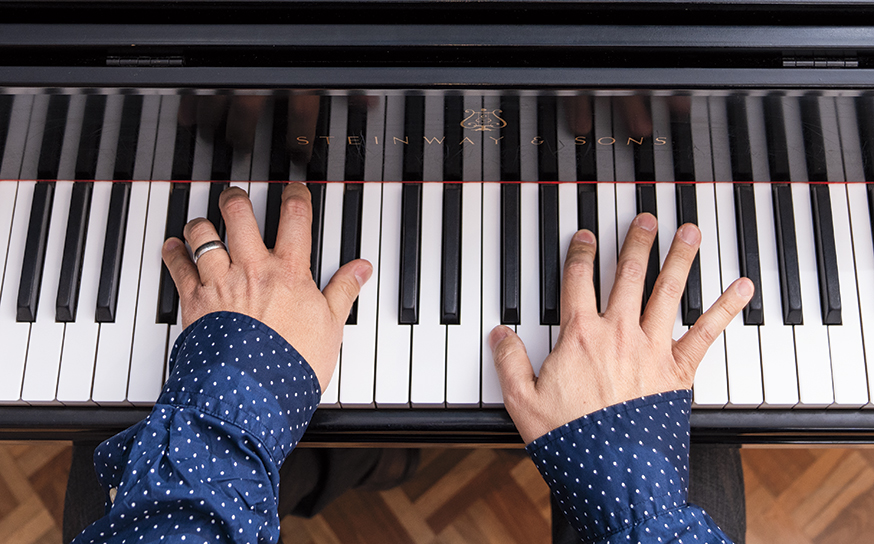
School Matchmaker
Navigating the private school admissions process with educational consultant Jamie Bakal
-
CategoryPeople
-
Photograph byShane O’Donnell
As a former educator and native Angeleno, Jamie Bakal has had her finger on the pulse of the city’s ever-changing educational environment for nearly two decades. An alumna of Oakwood School, Jamie is a former elementary school teacher. For the past 12 years, she has worked as an educational consultant with her firm, LA School Mates, guiding families toward private schools where their children can thrive. Here VB editor Linda Grasso queries Jamie on how to pinpoint the right school and how to keep stress in check during the admissions process.
 Beginning the search process for a private school can be overwhelming. Advice?
Beginning the search process for a private school can be overwhelming. Advice?
Go see the schools in person. You will have that “ah-ha” moment where your gut tells you that is where your child belongs. And trust your gut.
What are some key things to think about?
The most important is the idea of “fit.” Just because a school is great for someone else, does not mean it is great for you and your family. Secondly, it is important to be realistic about how many spots there are for new families (siblings, alumni and faculty kids can take up much of what’s available). Because there are often few spots, parents should apply to a handful of schools. At the same time, don’t shy away from fighting for a spot at a school with limited space, for fear of not being accepted.
Should one get suggestions on elementary schools from preschool teachers?
Preschool teachers as well as directors tend to understand the ins and outs of the independent schools. They can be a valuable resource in helping parents understand which schools and communities will be a good fit.
What factors—outside academics—should be taken into consideration?
Parents should think about how many classes per grade, the student-to-teacher ratio, how often kids get P.E., the competitive sports, art and music programs. Other things to consider: Are the kids taught a foreign language? How much structure is there? Do they help develop the whole child? What is the community like and how involved do parents get?
Private high schools often get labels. Harvard Westlake is labeled the school for brainiacs. Oakwood, the school for smart, creative kids. Notre Dame, for athletes, etc. Thoughts?
I believe that these labels are just that … labels. They were created by parents, not educators. Many of these schools will meet the needs of different types of kids. Most of the independent schools appreciate not just socioeconomic and ethnic diversity, but also diversity of personalities and interests. No school wants a student body that is homogeneous.
What are private elementary schools looking for these days from a family?
Above all else, schools want kind, inclusive families who seek to be productive members of their community. Obviously everyone’s ability to donate or volunteer time varies. That said, schools expect parents to participate both with giving and participation to the best of their capabilities.
How important is it that parents make charitable contributions?
Very. As expensive as tuitions are, they do not entirely cover the cost of running the school. All of the great educators, programs, supplies, technology and campus upgrades are entirely because of parent giving. It also helps support each school’s endowment, which supports financial aid. Schools seek to have 100% giving.
“Go see the schools in person. You will have that “ah-ha” moment where your gut tells you that is where your child belongs. And trust your gut.”
What if a kid is particularly athletic and is leaning toward a private school because of a sports program. Good idea?
That is fine, so long as the school offers the right academic program for that child as well.
How do you view the progressive versus traditional elementary school education? Does it make any difference when applying to college?
Many of the private schools have now become a good balance of many different pedagogies. Don’t get stuck on the label of “progressive” or “traditional.” If a school does not have letter grades and you cannot wrap your head around that, then it is not the right school for you. When evaluating progressive versus traditional, it is only relevant to the placement of your own children. There is not a best school or practice. It is about what is best for your child and family.
Some parents today are looking for private institutions that are focused on educating the whole child. Are there schools here in the Valley that share that socially conscious goal?
Absolutely. Almost all of them aim to focus on the whole child, particularly in elementary school. I believe the schools share a common goal of not just educating children, but turning them into thoughtful, inclusive, productive members of society.
 What kind of advice can you offer parents with a child who is a great kid but clams up during an interview?
What kind of advice can you offer parents with a child who is a great kid but clams up during an interview?
Most schools don’t actually interview kindergarten applicants. They have “play dates” to assess the child’s kindergarten readiness. But for kids who have a hard time separating, I recommend parents empower their child by encouraging them to go have fun and then share their own thoughts on the teachers and the school. Try to avoid making your child feel like they are getting judged or tested.
For older kids, I find it helpful for kids to make a list of their questions in advance. I also encourage them to reread their application prior to the interview. This will help relax them and make them feel prepared.
I’m not a big fan of all the memorization they make kids do in school these days—particularly in high school. I feel like it goes in one ear and out the other. Thoughts?
Many schools, even traditional schools, now incorporate project-based learning. In the past few years, the schools on the whole have been modernizing their curriculum based on current research of best practice. With the goal of long-term retention of information, many schools have moved toward block schedules and trimesters.
I’m also not a big fan of hours of homework. My feeling is that kids should not come home at 7 p.m. after a full day of school and extracurricular activities and have to stay up late doing dozens of math problems.
There has been a recent pushback against excessive homework. While each school varies, it does seem that teachers and schools are working more collaboratively to not only give less homework, but to teach time management skills and provide time during the school day to complete homework. That said, there are still some schools where students have three to five hours of homework per night.
Final word?
Above all else, make this process about your child and your family only. It is completely irrelevant to your process what school your friends’ kids attend. Or what they think of any school. See the schools and form your own opinions … your opinion of each school is the only opinion that matters. ■











